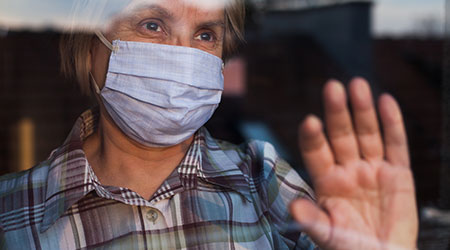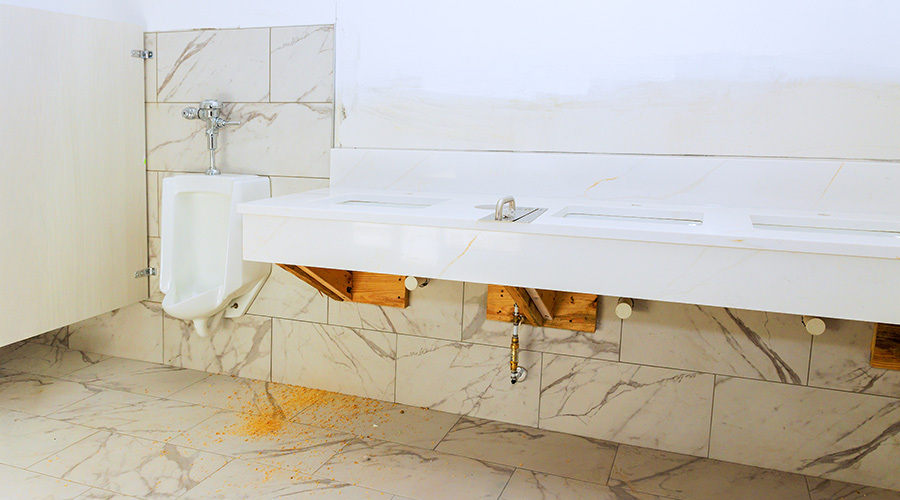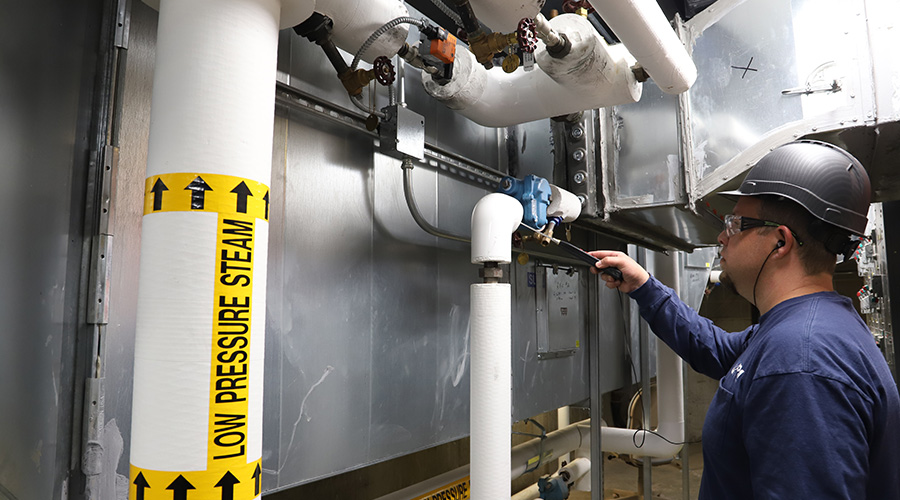A new trial, in care homes across the UK, will explore whether wearable digital devices can help reduce COVID-19, according to an article on the Health Europa website.
Wearable devices, about the size of a wrist watch, can register when wearers come into contact with each other.
The data may enable care homes to adapt their procedures to improve infection control measures.
Interventions that might reduce the risk to residents and staff in care homes are important to understand and evaluate, according to Dr Tom Hall, South Tyneside Council’s Director of Public Health.
In Wisconsin, some nursing homes are also struggling, and the situation could be contributing to a state shortage of hospital beds, according to an article on the WPR website.
As of Oct. 7, the Wisconsin Department of Health Services was investigating 430 active coronavirus outbreaks at longterm care facilities across the state, including 186 at nursing homes, the article said.
Read the full Health Europa article.

 Biofilm 'Life Raft' Changes C. Auris Risk
Biofilm 'Life Raft' Changes C. Auris Risk How Healthcare Restrooms Are Rethinking Water Efficiency
How Healthcare Restrooms Are Rethinking Water Efficiency Northwell Health Finds Energy Savings in Steam Systems
Northwell Health Finds Energy Savings in Steam Systems The Difference Between Cleaning, Sanitizing and Disinfecting
The Difference Between Cleaning, Sanitizing and Disinfecting Jupiter Medical Center Falls Victim to Third-Party Data Breach
Jupiter Medical Center Falls Victim to Third-Party Data Breach